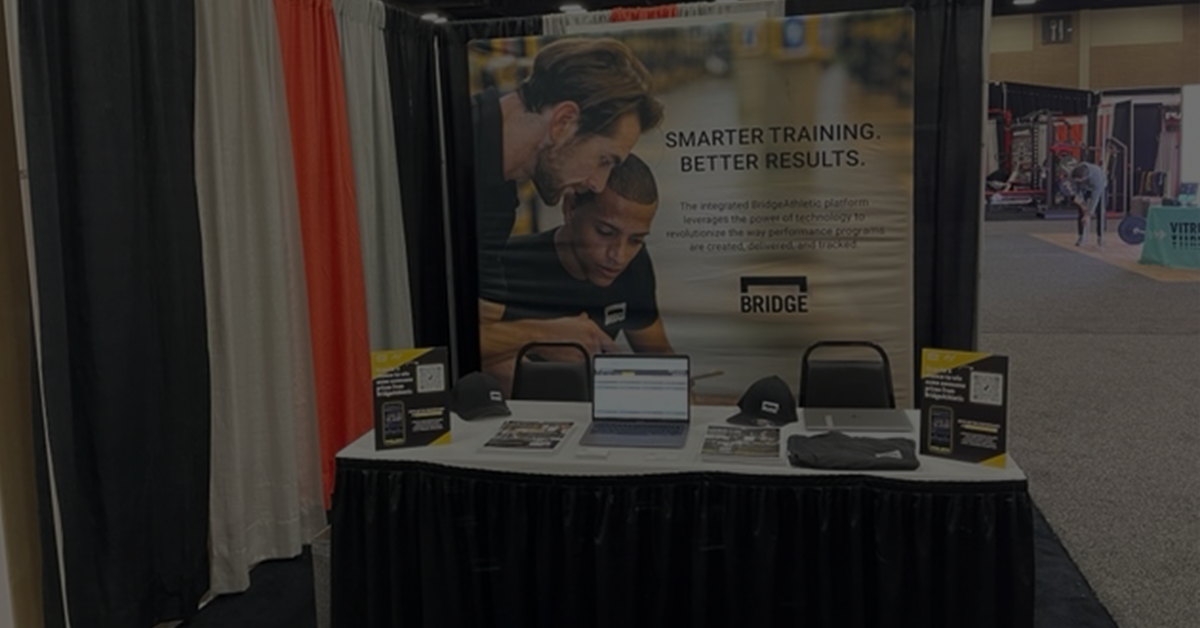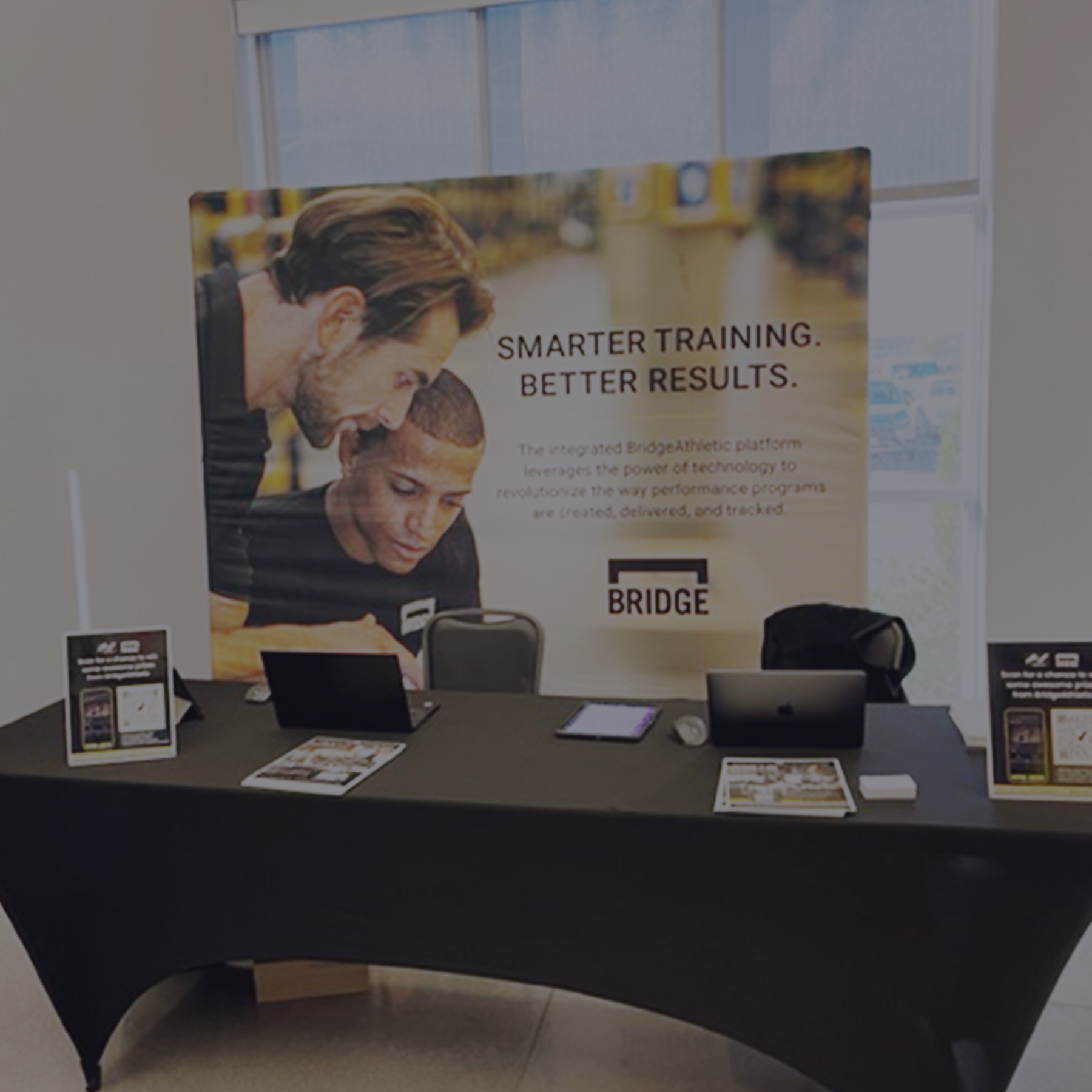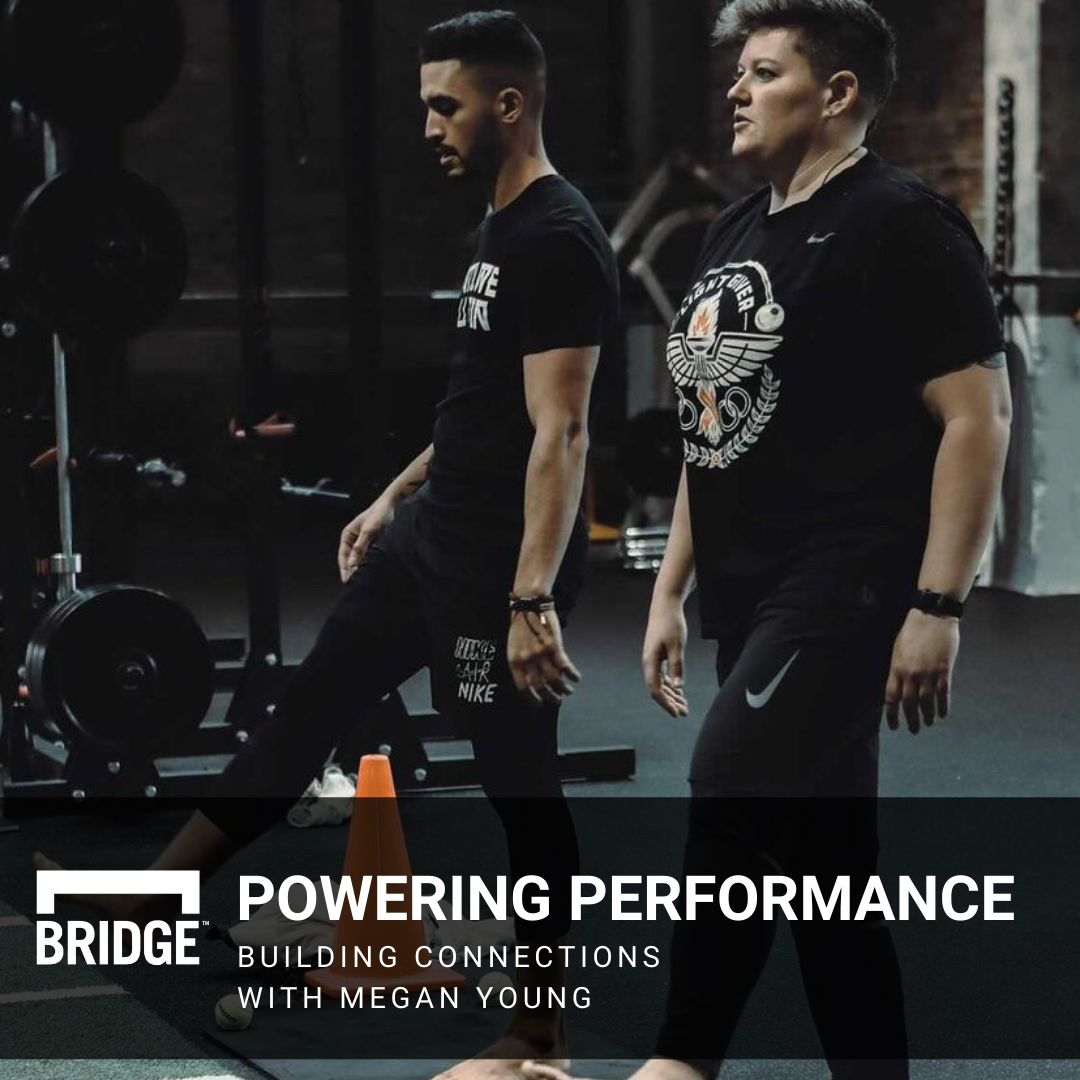NSCA Advanced Periodization Virtual Clinic Takeaways
This past week we participated in the NSCA Advanced Periodization Virtual Clinic that took place over three days. Each of the three days had a specific theme that was supported by specific presentations and experts in that area of focus.
Day 1:
Day one focused on the theoretical basis of periodization with presentations from three well-known experts in this area, which are highlighted below. Day one provided a great foundation for the other two days of the clinic.
Dr. Michael Stone kicked off the presentation by discussing block periodization, periodization concepts, and underlying mechanisms. It is always great to listen to Dr. Stone as he shares his decades of experience and knowledge. His information always focuses on the fundamental underpinnings of periodization as we know it.
Dr. Greg Haff started by explaining how periodization and programming are interrelated but are not the same thing. Focusing on the periodization he explained a few different types, scenarios where they are used, and the benefits and potential drawbacks of each. The periodization model that stood out was the emphasis model of periodization, where all characteristics are addressed but to different extents based on which one(s) are of most importance at the specific point in time.
Dr. William Kraemer provided an overview of the shift from linear to non-linear approaches in periodization with the various institutions he has worked with, as well as the reasoning behind its advantages. He focused on the advantages of flexible non-linear periodization and the advantages it has in addressing the uniqueness of individuals. Our own Director of Performance, Rob Hartman, referenced Dr. Kraemer’s flexible non-linear periodization when highlighting how BridgeAthletics software can support the industry’s shift towards a more dynamic approach to training at the NSCA Tactical Conference earlier this year. An image that stood out was one with a pie chart for each individual on a specific team, highlighting how each of them had different needs and to what extent. It is apparent that a targeted and dynamic approach to training is becoming more common in strength and conditioning.
Day 2:
Day two focused on current approaches to athlete training programs, which included five elite practitioners sharing their experience and current practices within their training application procedures. Andrea Hudy of the University of Texas, Dr. Chirs Morris of the University of Kentucky, Dr. Tim Suchomel of Carroll University, Andrew Stuart of US Speed Skating, and Jeremy Weeks of the University of Pennsylvania all provided great presentations that further highlighted the movement towards a more targeted and dynamic approach to how strength and conditioning is implemented.
Note: Andrew Stuart of US Speed Skating recently with us to discuss the same topic he presented, find that podcast here.
Day 3:
Day three continued the “zooming in” structure of this event, moving from periodization to programming, and now focusing on methods. Just like the other days, the NSCA was able to formulate an all-star lineup. The five well-known and often referenced professionals that made up day three’s lineup were; Cal Dietz of University of Minnesota/XL Athlete/Triphasic Training, Matt Wenning of Wenning Strength, Dr. Guy Hornsby of West Virginia University, Caitlin Quinn of Toyota Racing Development, and Vernon Griffith of Mission Explore.
There were too many great presentations to be able to summarize all of them in a single blog post, which is why we provided links to all of the presenters we could. A lot of them share their insights and concepts via social media, and social media also provides great coverage of the conference via the hashtag #nsca_advanced20.
To trial the platform best suited to support the concepts presented during this conference, specifically the movement towards a more fluid or dynamic style of periodization and programming, sign up for your trial of BridgeAthletic.
About the Author

At Bridge, we are all athletes and coaches first. As athletes, our team has experienced everything from riding the pine on JV, to winning NCAA championships, to competing in the Olympic Games. As coaches, we have helped countless athletes reach their full potential, winning everything from age group section championships to Olympic Gold Medals.
Related Posts

2022 NSCA Coaches Conference
The BridgeAthletic team attended the 2022 NSCA Coaches Conference in San Antonio, Texas January 6-8...

2021 Fusion Sport Conference
The BridgeAthletic team attended the 2021 Fusion Sport Summit - North America at the UFC...

Building Connections with Megan Young
In this episode of Powering Performance, we are joined by Megan Young, formerly the High...

.png)
